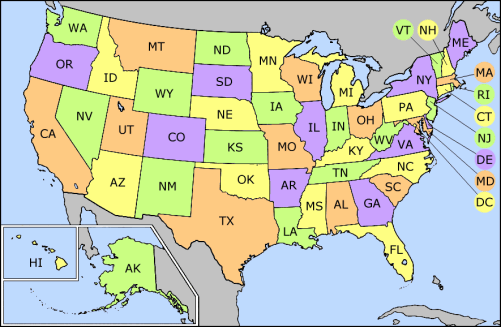NYCmetsfan
Banned
depress wages, they can offer lower depending on your wage or not hire you if youre gonna ask for too much. Win win for employerWhy do they need to know tbh if the job is in a different field/industry?
they have more information than you (they know what they can afford and what they want to offer) and can gain the upper hand


